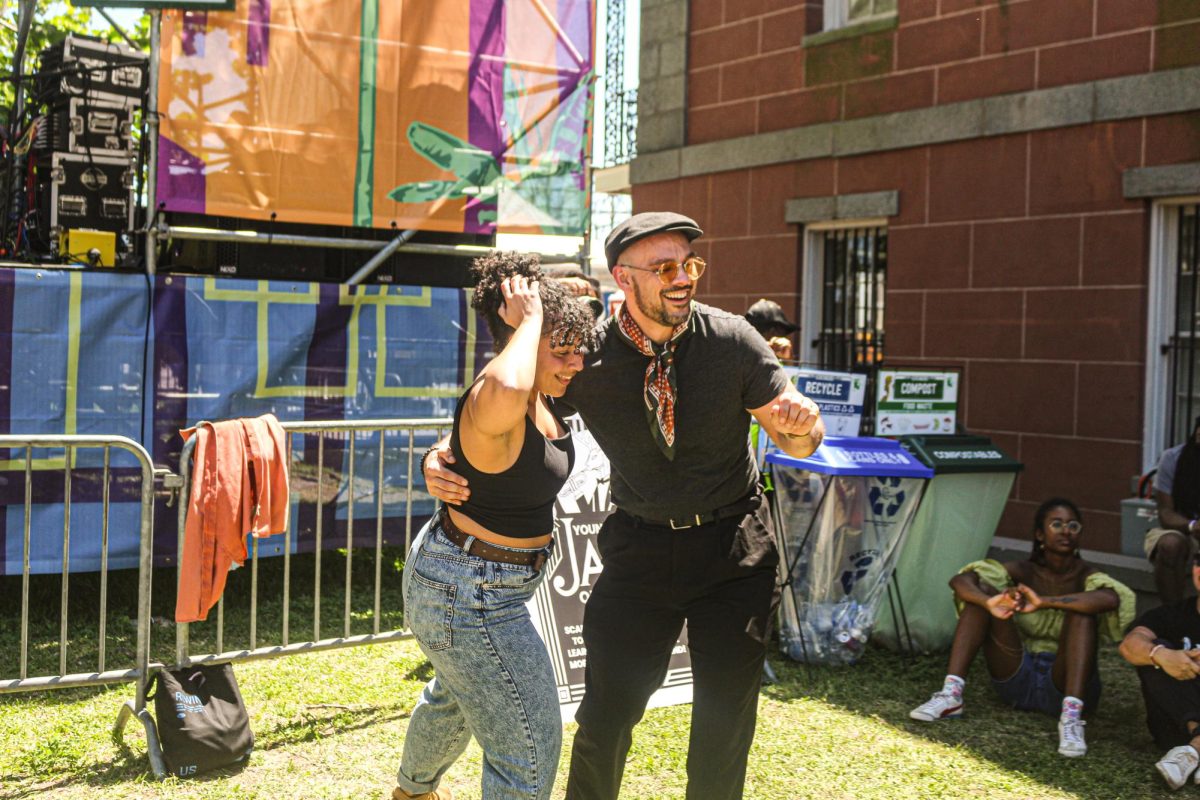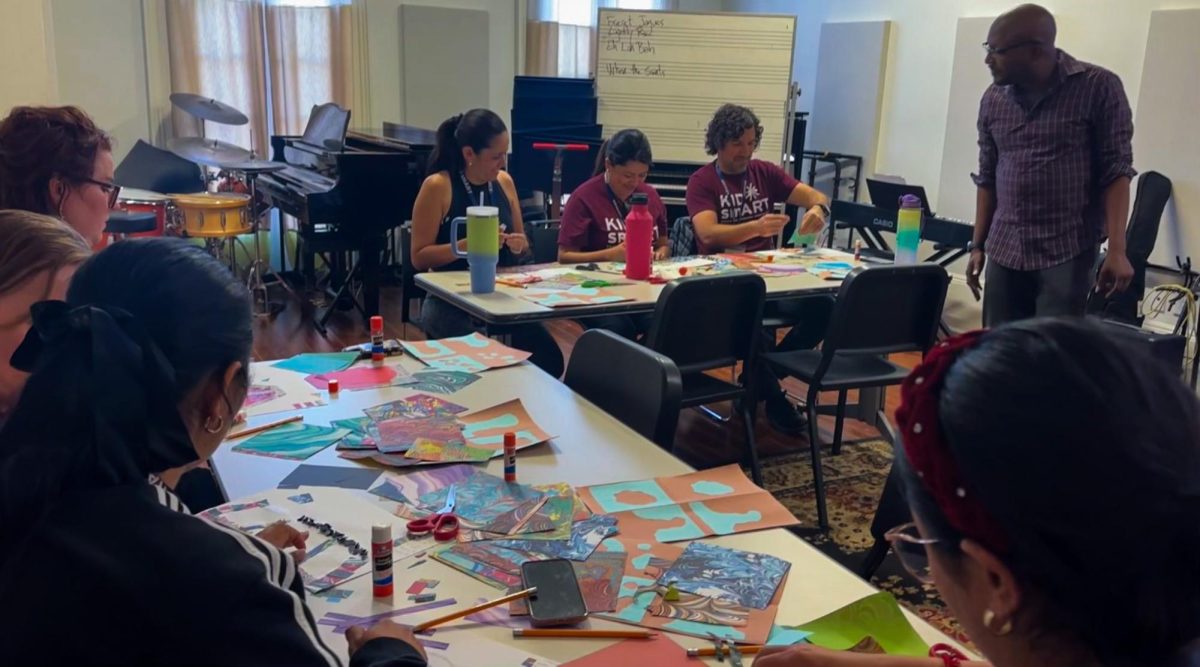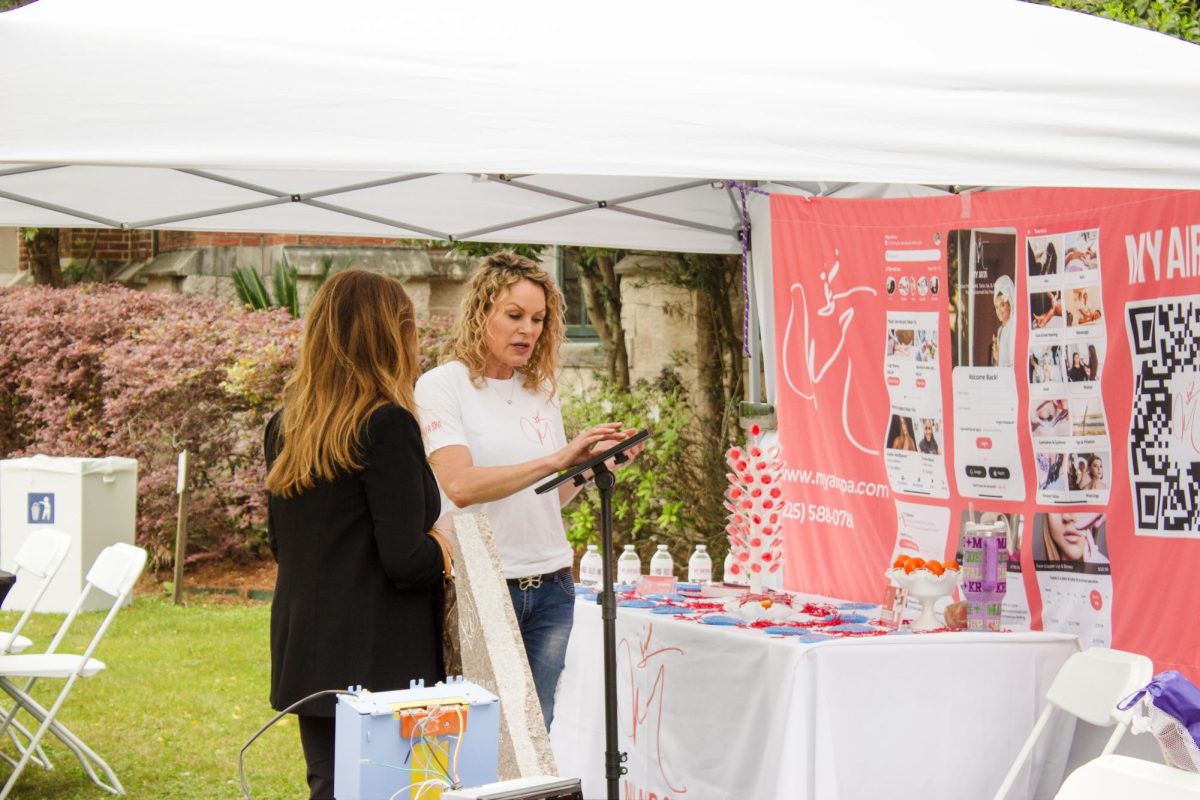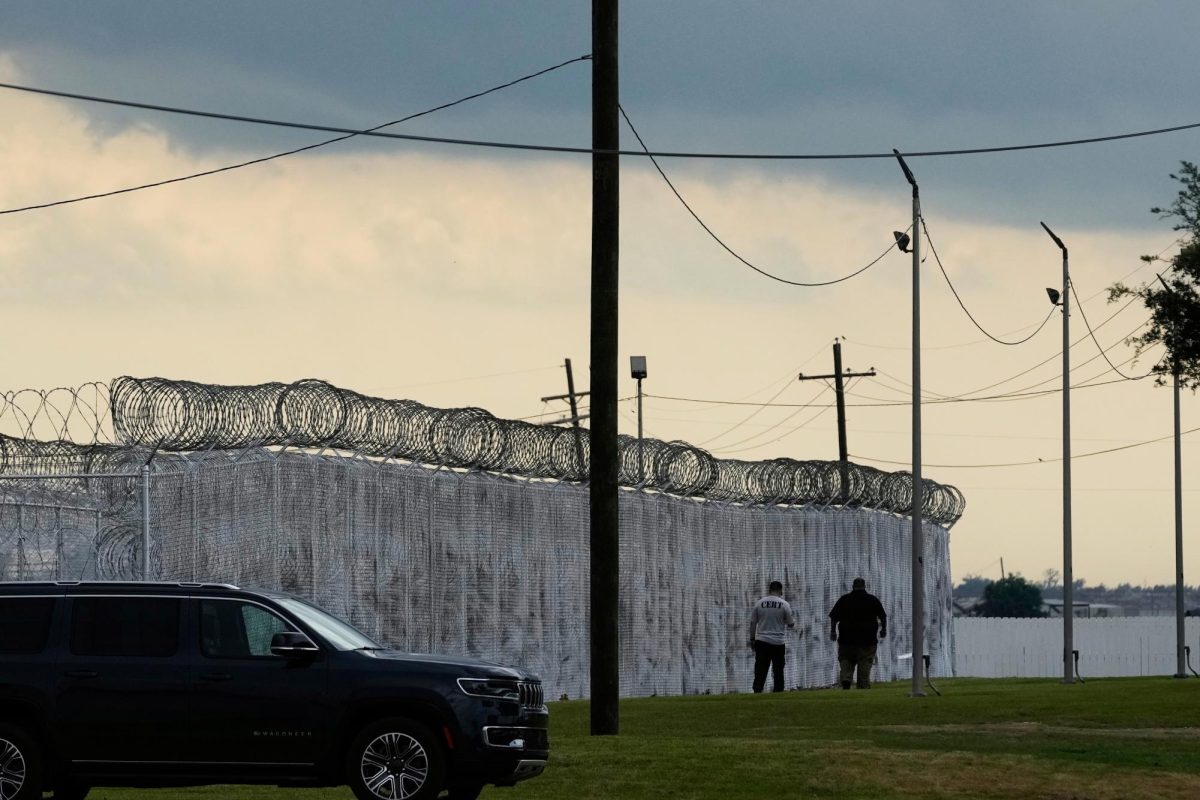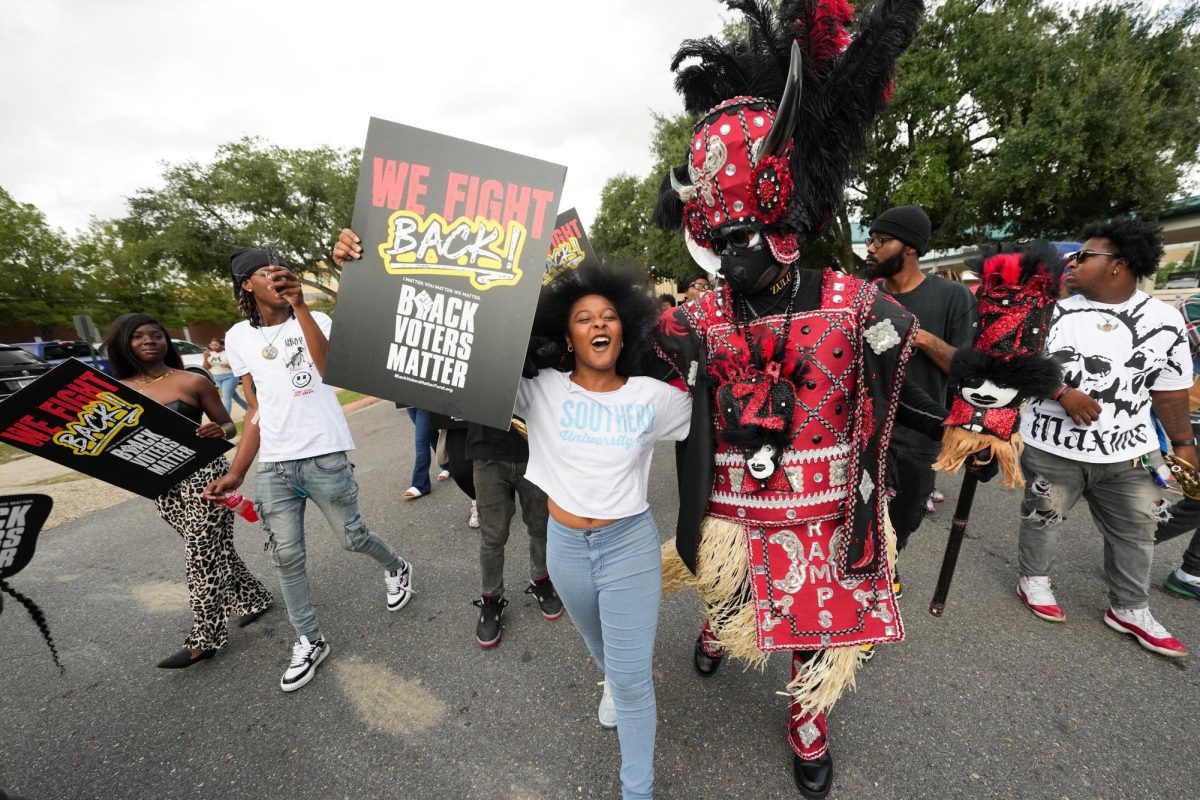Unemployment is up, savings are down in Louisiana
With high unemployment, a tourist economy, and low-wage part-time jobs, New Orleanians are desperate to save money.
Ryder Vassilos is a newly employed sales associate at Petco. He said had to hunt for a job for several months. Vassilos said he’s been unable to save, and his existing savings have diminished.
“While I am burning though that, [I’m] just desperately trying to find another job,” he said, “It’s so up in the air. That’s how I would say it is in New Orleans.”
Vassilos said it’s difficult to find well-paying retail jobs. The popularity of online job applications makes it hard to stand out, he said “It’s hard to hear back because you’re just a PDF,” he said.
While searching for work, Vassilos said the majority he found were part-time, minimum wage, and temporary jobs aimed at college students.
“It’s a tourist economy and a college city at the same time,” Vassilos said.
While the national economy is growing, unemployment is rising. New Orleans’ unemployment is
rising even faster than the national unemployment rate. However, the unemployment rate in New Orleans was 4.0% over the summer, according to the Federal Reserve Bank of St. Louis.
Will Harrison is a private wealth investment specialist at Merrill Lynch who manages clients’ money and guides investments. He said the large proportion of low-income workers in New Orleans and Louisiana face higher risks of unemployment.
Orleans Parish’s unemployment rate was around 4.9% in Aug., while Louisiana’s was 3.9%. Orleans Parish’s unemployment rate is higher than surrounding areas from St. Tammany to Plaquemines Parish, according to Harrision.
According to the Bureau of Labor Statistics, the U.S. unemployment as of Sept. 2023 was 3.8%. In 2024, it rose to 4.1%. Harrison said it is hard for locals to find jobs due to the rising unemployment in New Orleans.
“Increasing unemployment is not good. My sister has been looking for a job for a couple months and is having trouble finding one because people are hiring less and are being stricter with who they hire,” Harrison said.
Harrison said the rate of change in unemployment is growing slightly, but the economy is in good shape. This is abnormal, he said, because, historically, when unemployment grows by a percent, it usually indicates a recession.
The current rate of unemployment nationally is 4.1%, which is the percentage of people who are looking for jobs but don’t have one. He said he was looking for jobs but did not have one.
According to BLS, the number of unemployed people was changed, at 7.0 million, updated on Oct. 24. “These measures aer higher than a year earlier, when the jobless rate was 3.8 percent, and the number of unemployed people was 6.4 million,” BLS said.
Harrison said that now that employment is decreasing, fewer people are working and spending, which means less growth for the overall economy.
The Federal Reserve recently cut interest rates by a half percent on Sept. 18 to combat inflation and achieve stabilization based on the national unemployment rate, according to the Federal Reserve.
Harrison said New Orleans has less dynamic employment because it does not have a lot of tech startups. In addition, the population isn’t growing, and the economy was built off of oil and gas, drastically lowering jobs. According to the Greater New Orleans Foundation, these numbers are down 58% from 2013-2023.
Even when businesses in New Orleans are looking to hire, workers are not able to sustain, Vassilo said. Vassilo mentioned that New Orleans’ dependence on tourism creates a harder environment for stable jobs.
Vassilos said the issue with not having a salaried job is the need for more budgeting he can do. With a monthly paycheck, he cannot plan, create solidified savings, or budget his life.
“None of that is workable, you know, for an actual salary,” he said. “It’s so touch and go, and you have to exert yourself in a way that is exhausting.”
Harrison said the reason it is a struggle to save money is that the population in the bottom 20-40% of incomes live paycheck to paycheck, meaning there is little expendable money.
Vassilos said there were a lot of factors that make it difficult to live affordably.
“It’s just that no one wants to pay you full time, but everyone wants you to be committed,” he said.
Vassilos said he is pigeonholed and cannot save money.
“Currently, I just have no ability to save anything. It’s still not enough, and I can’t budget around it,” he said.
Harrison said the lack of funds is spent on necessities, and the top 10% of wealthy individuals in the country own most of investable assets, and the bottom 10% own around 1%.
According to the Institute for Policy Studies, “The top 10% of US households own about 93% of the stock market.”
This causes a huge wealth gap, which is perpetuated by low interest rates, he said.
Harrison mentioned he has noticed that the younger generations in New Orleans are not saving and have no resources to do so.
“I have spoken to children in lower-income communities about basic saving and personal finance, and the idea to save money is totally non-existent, it’s almost laughable.”



